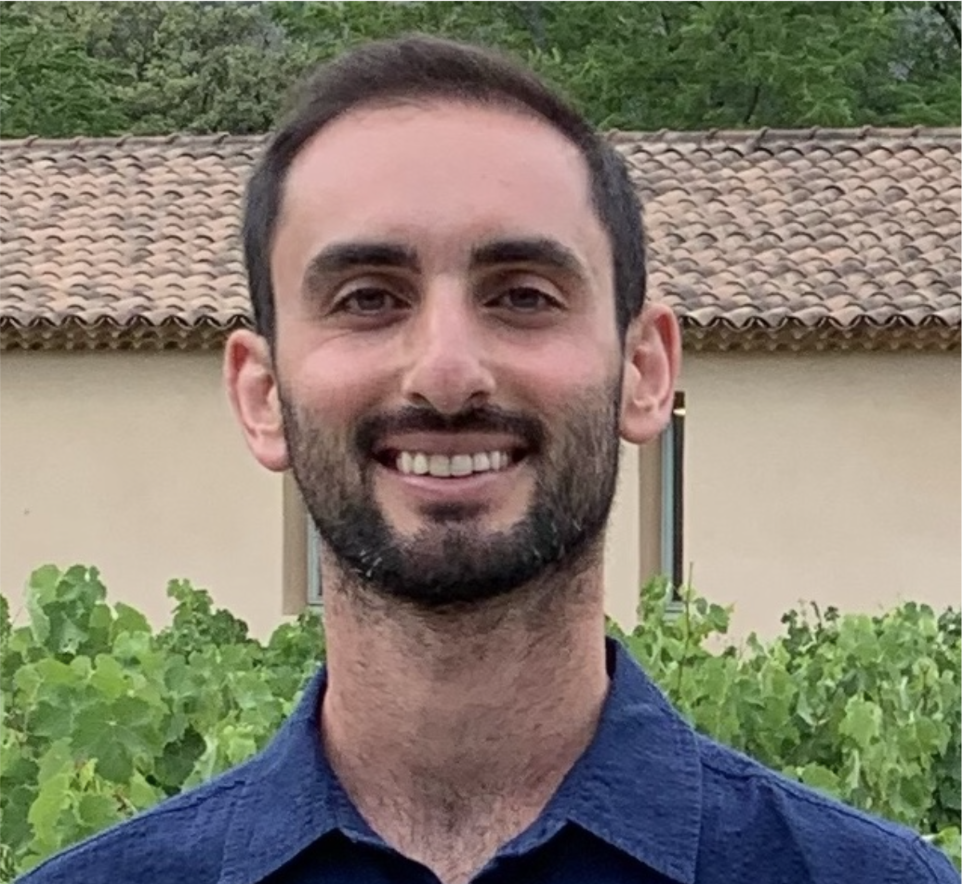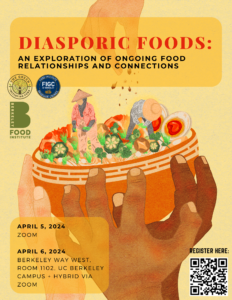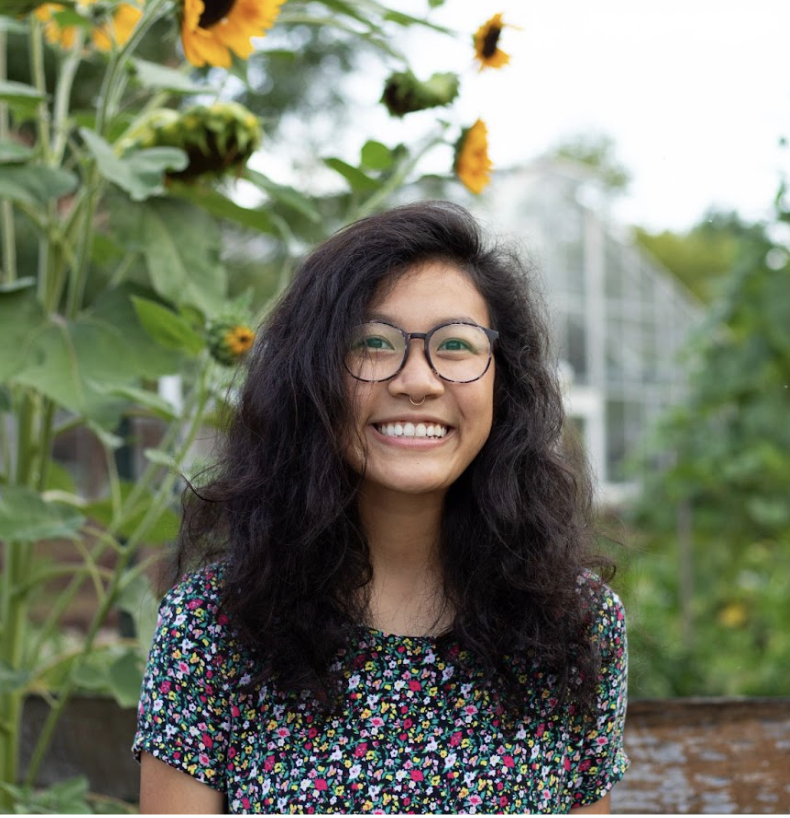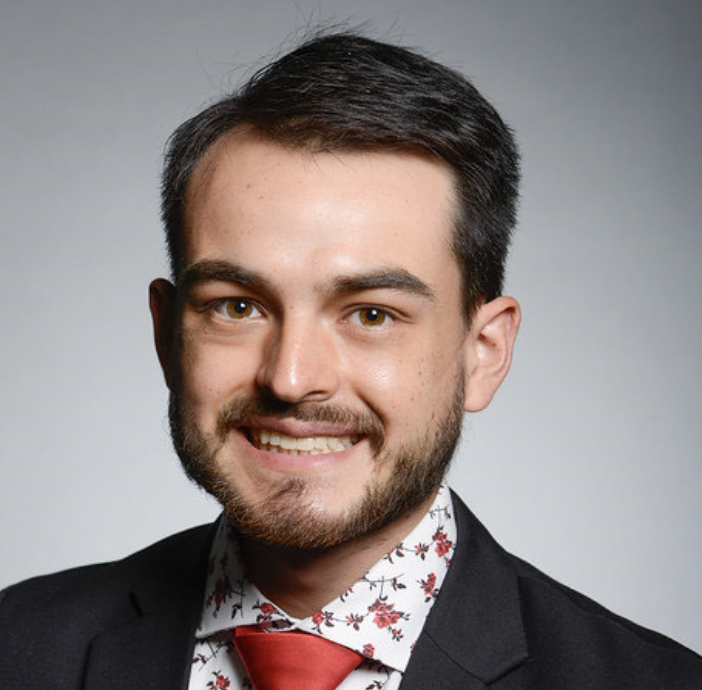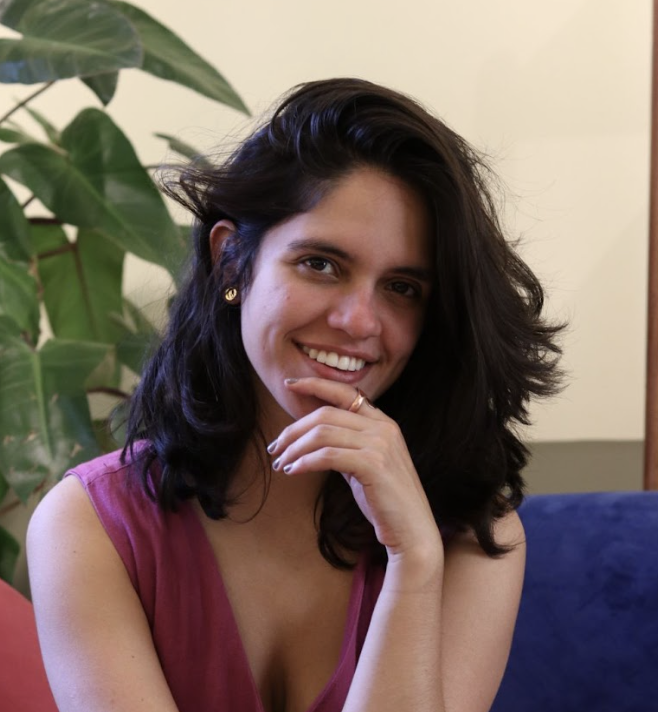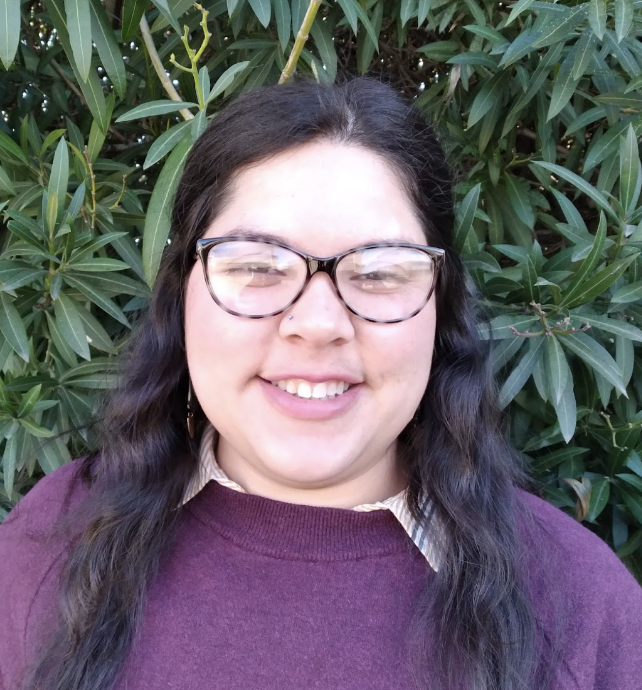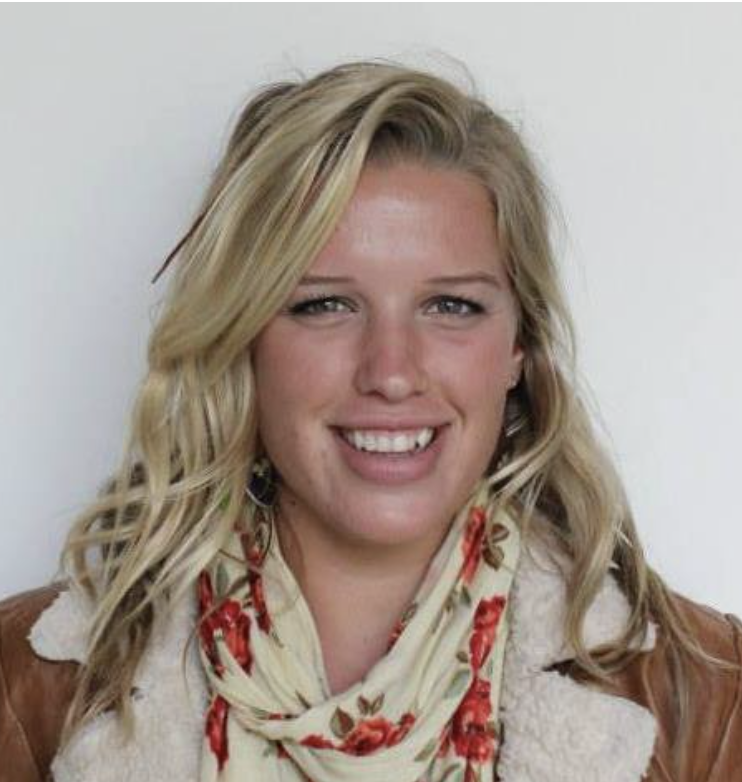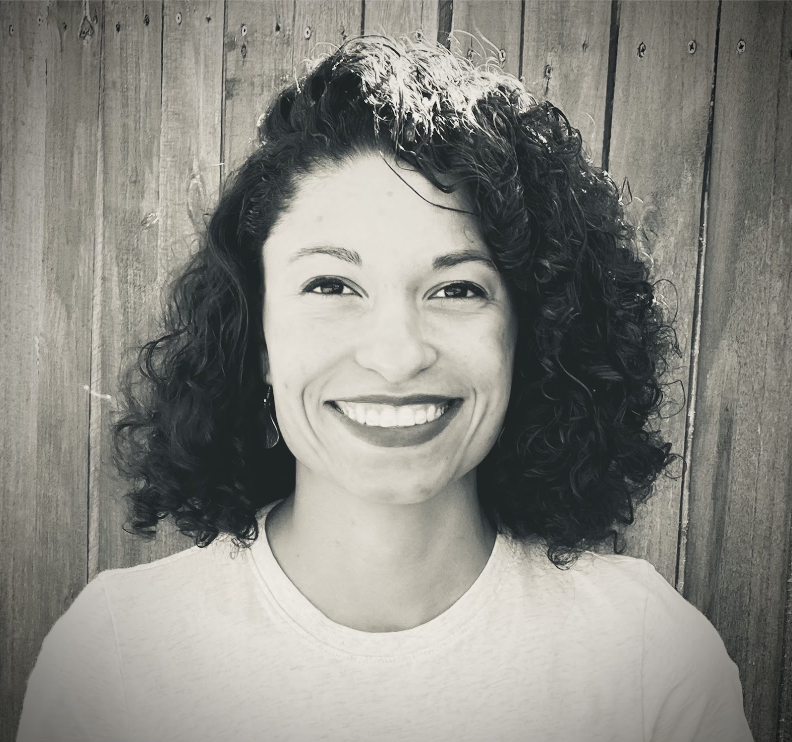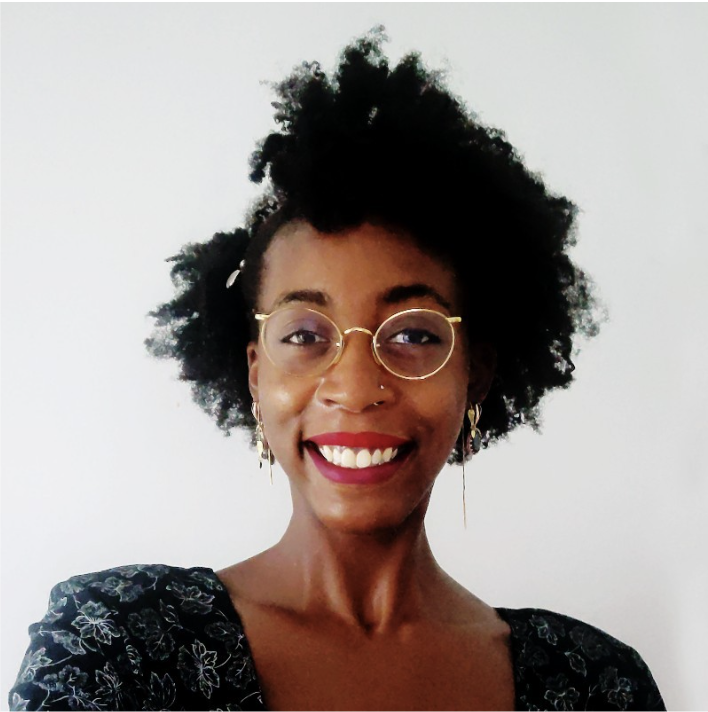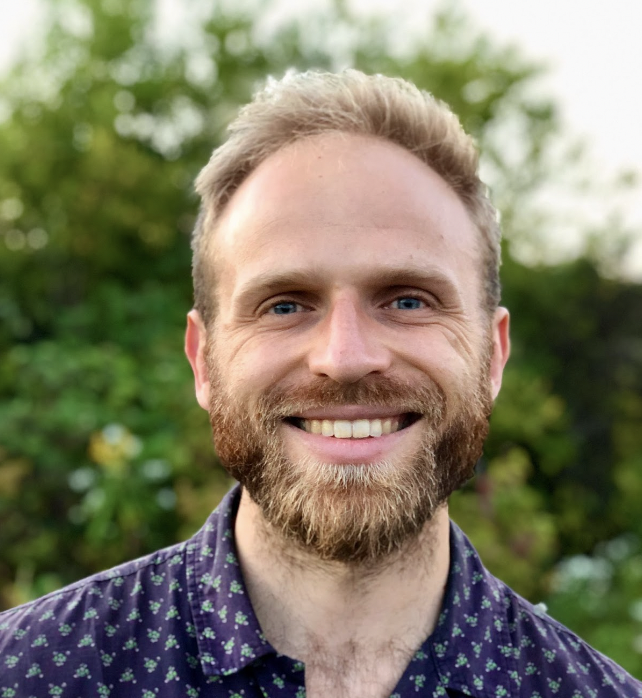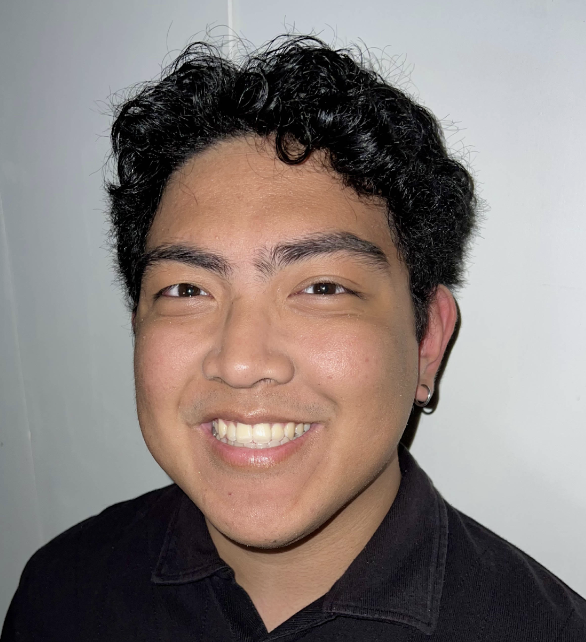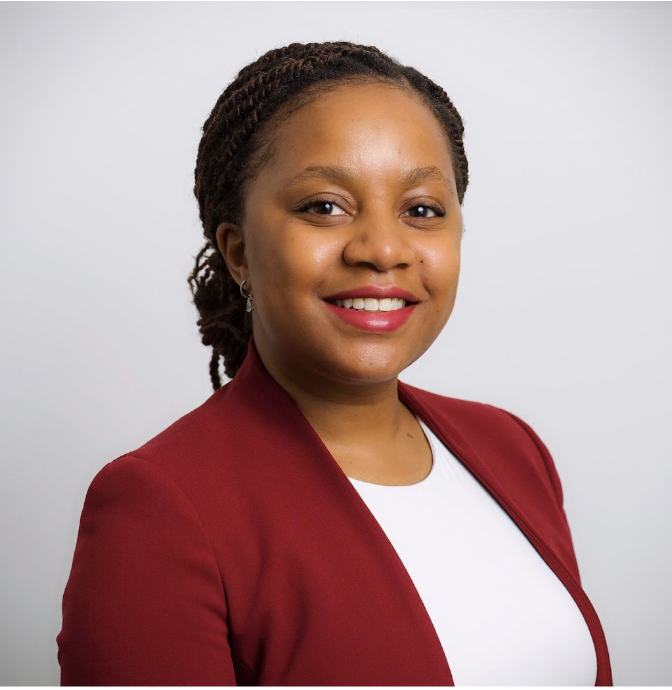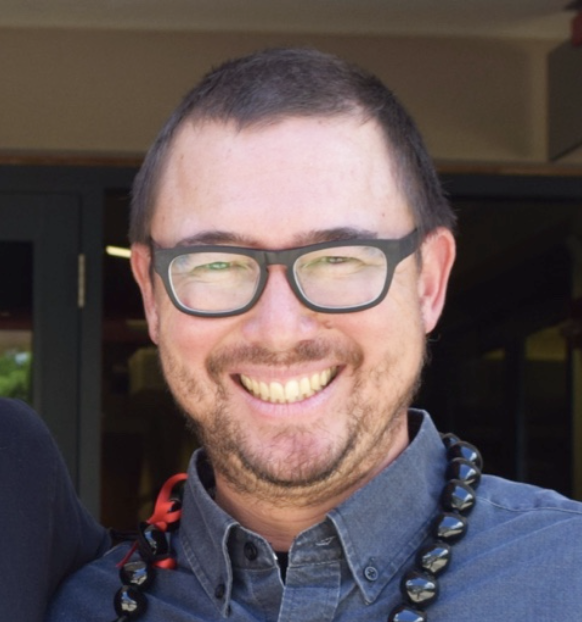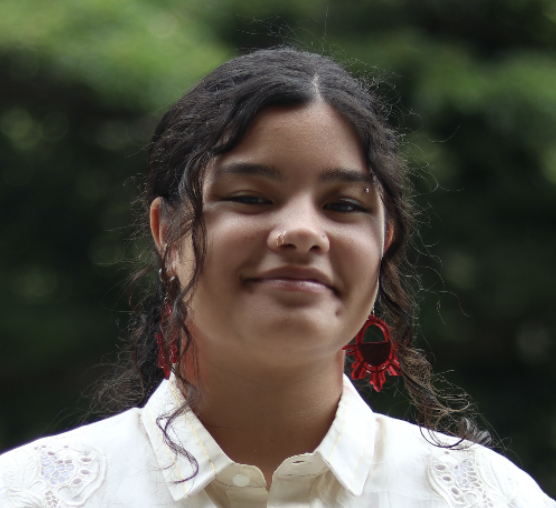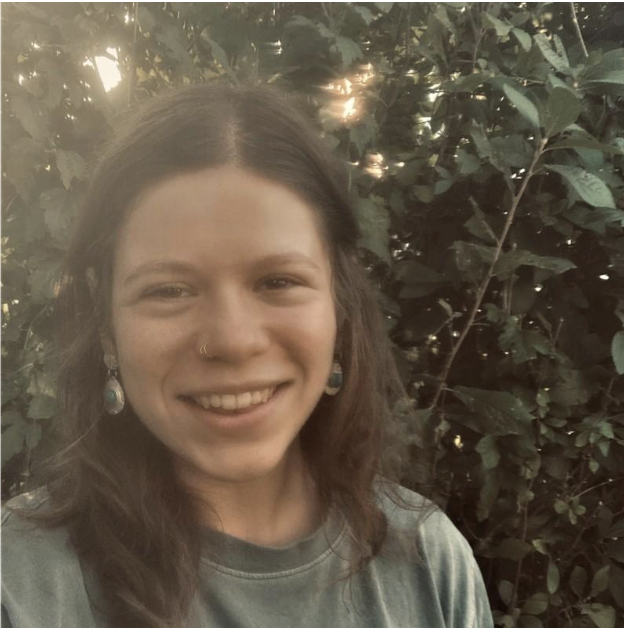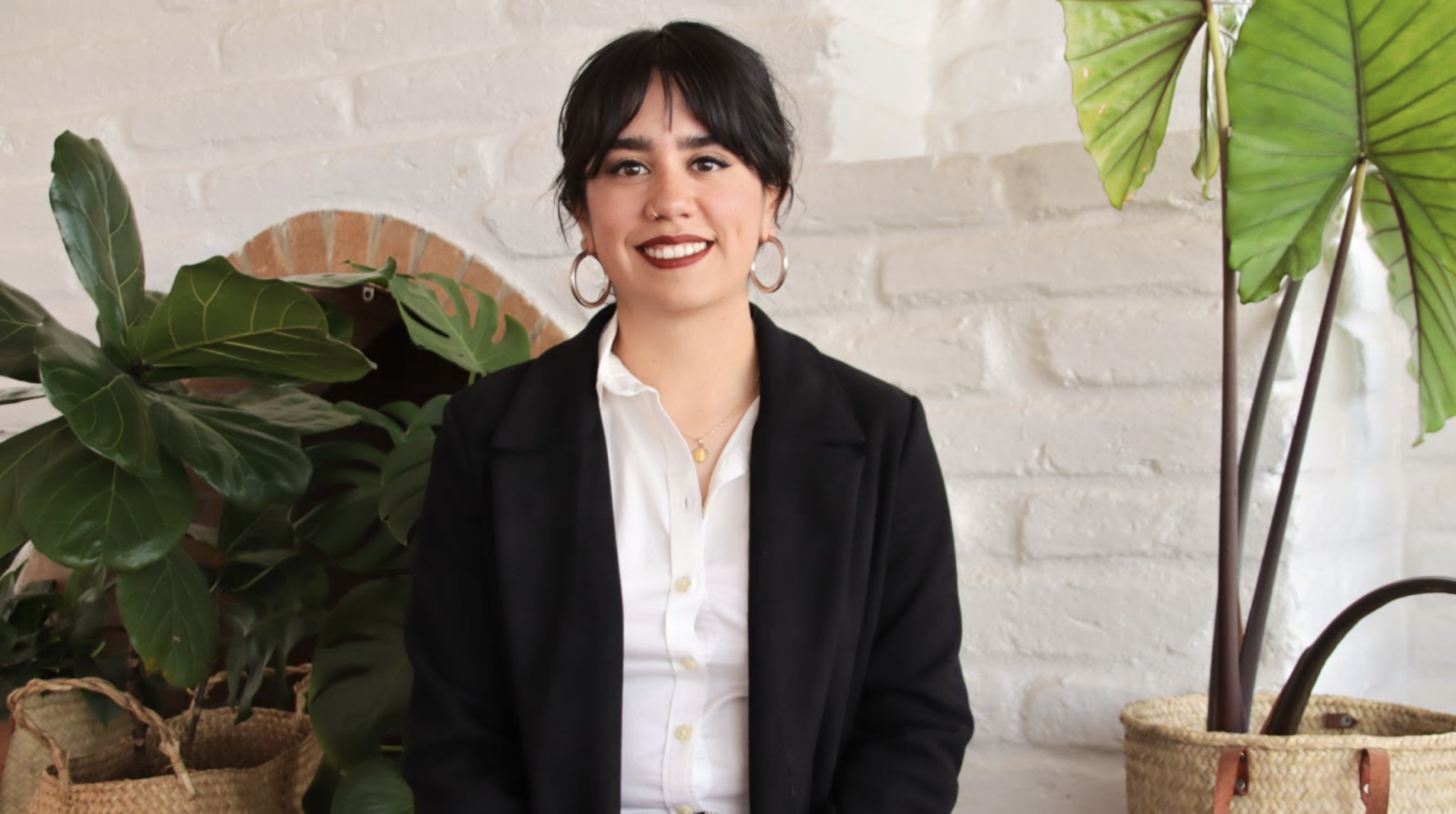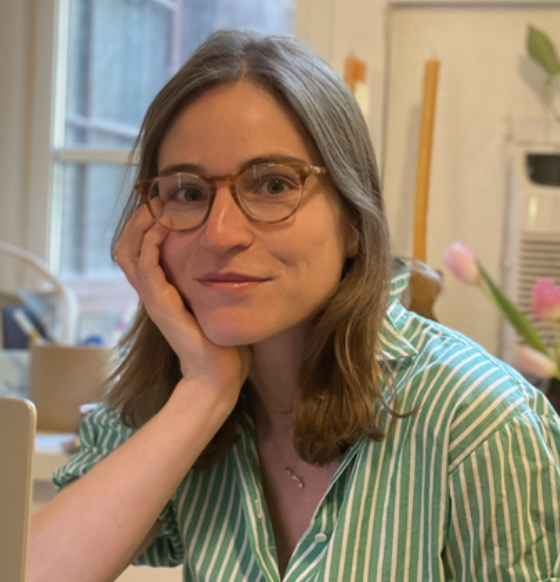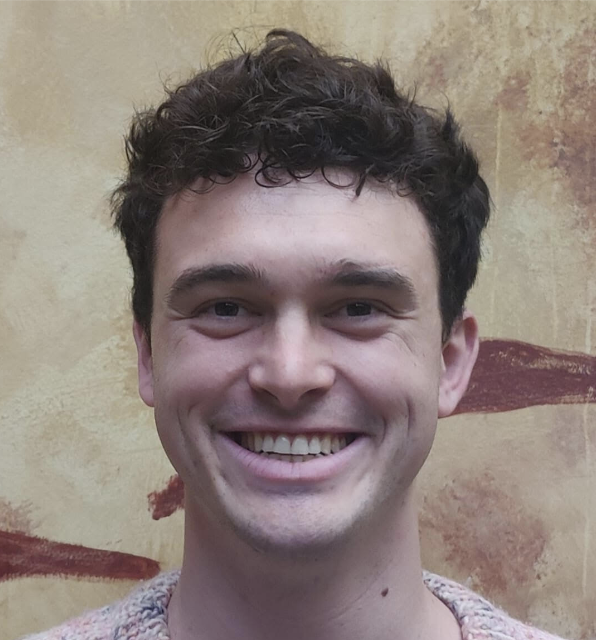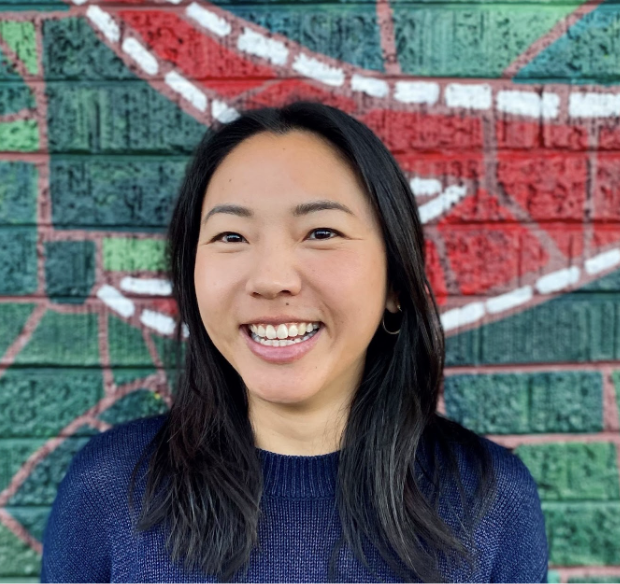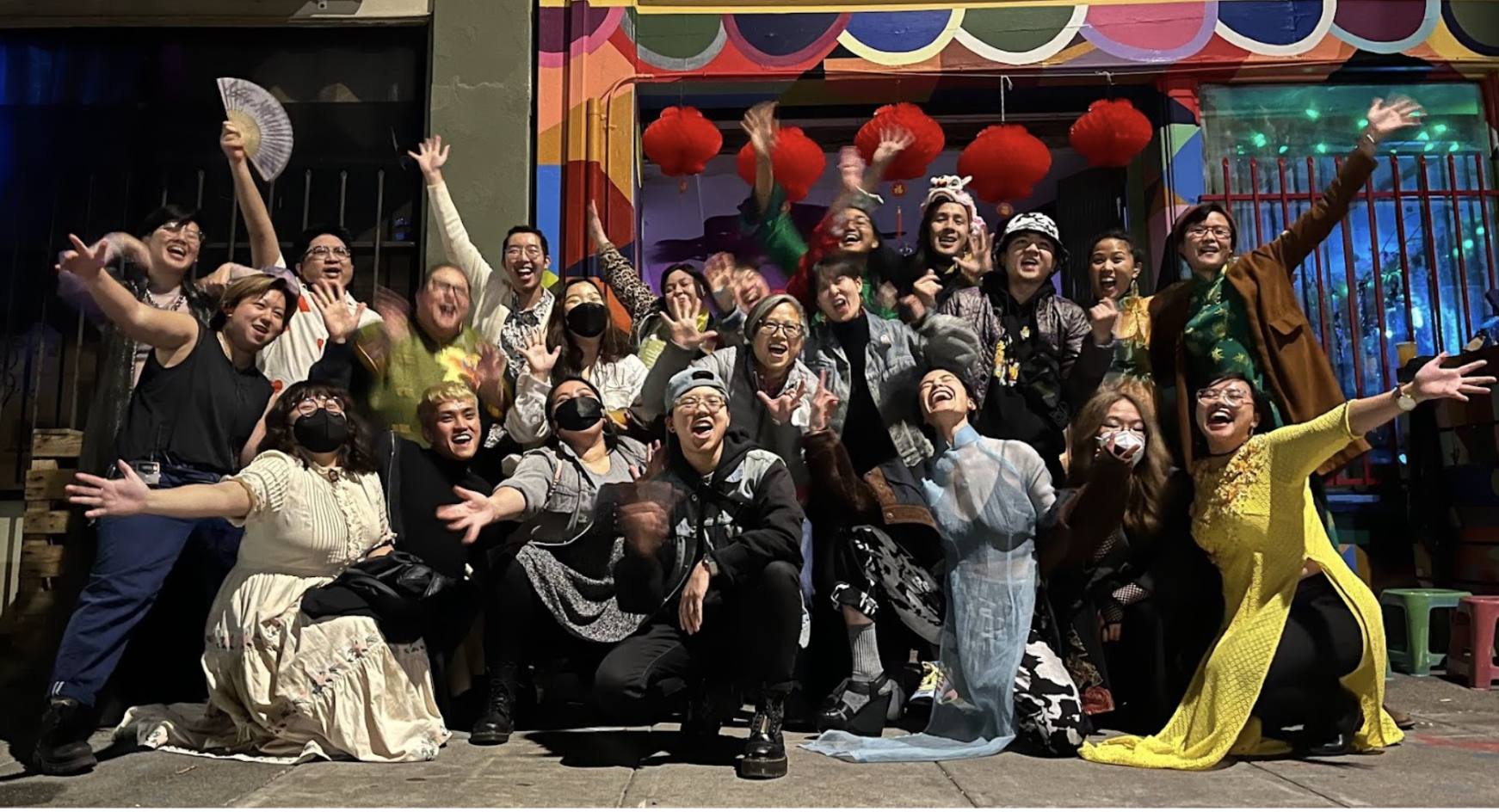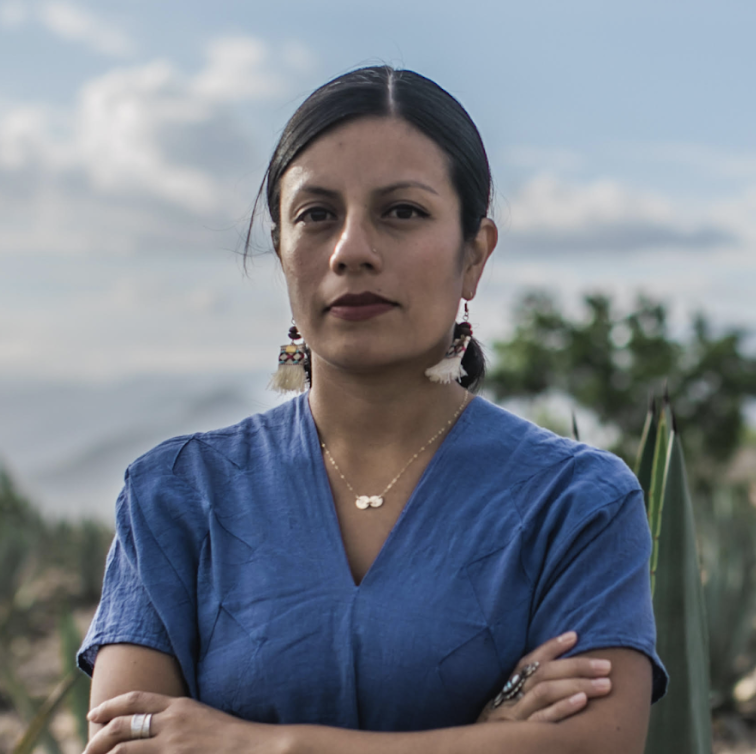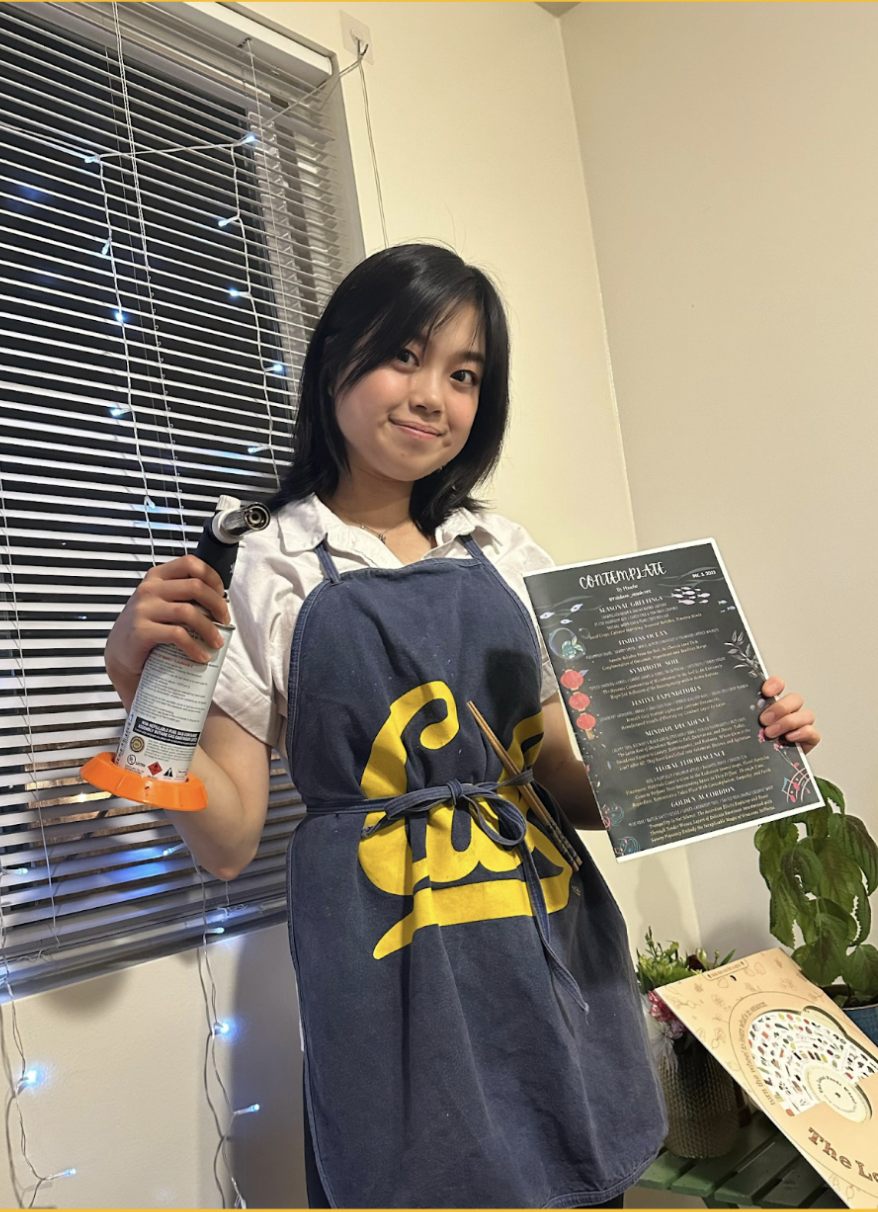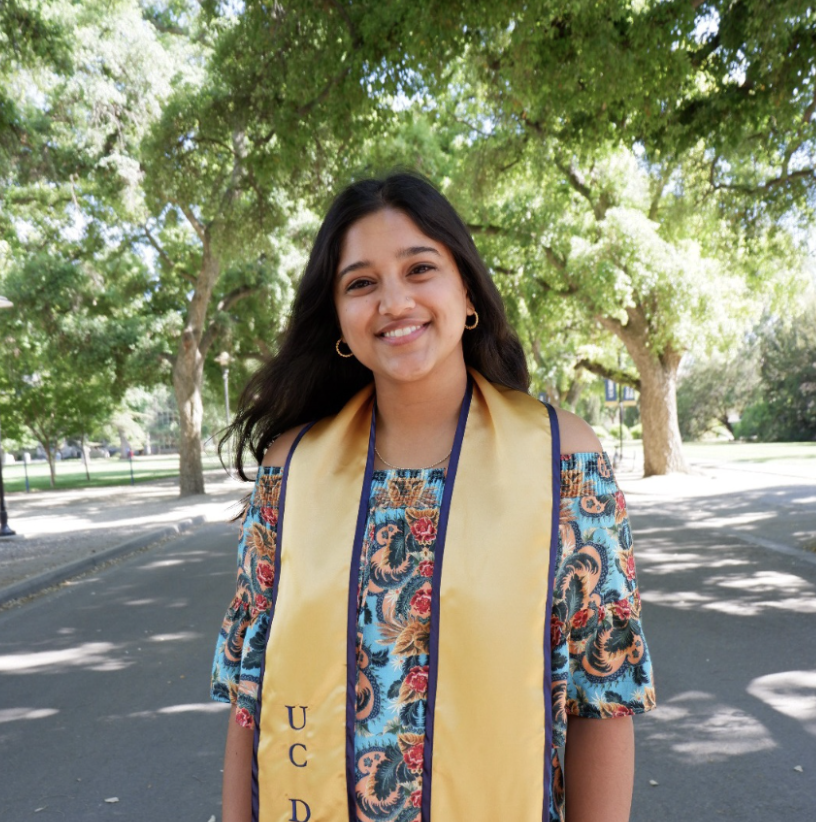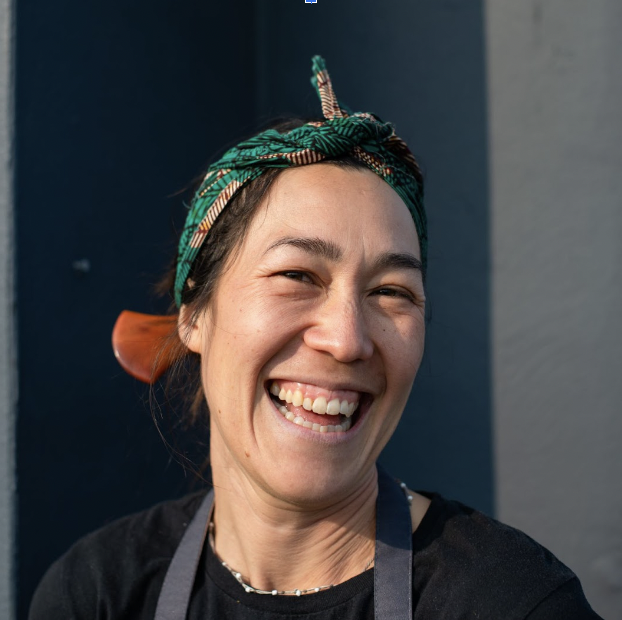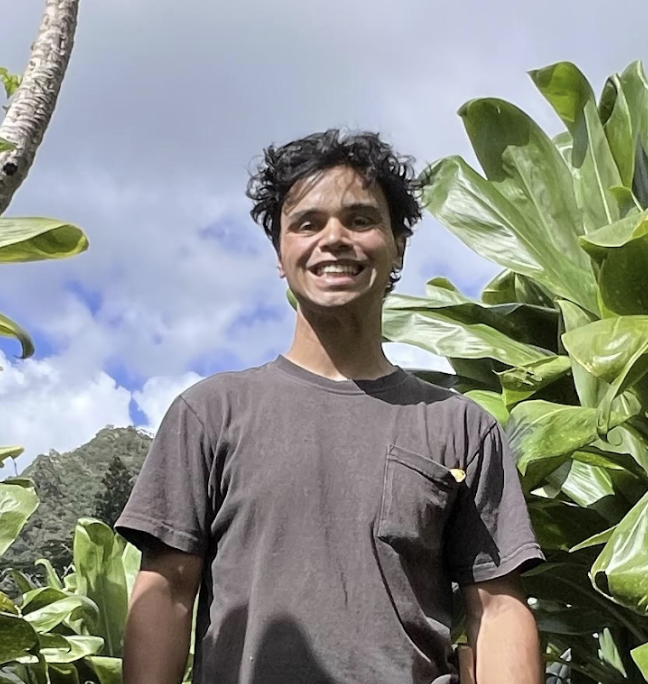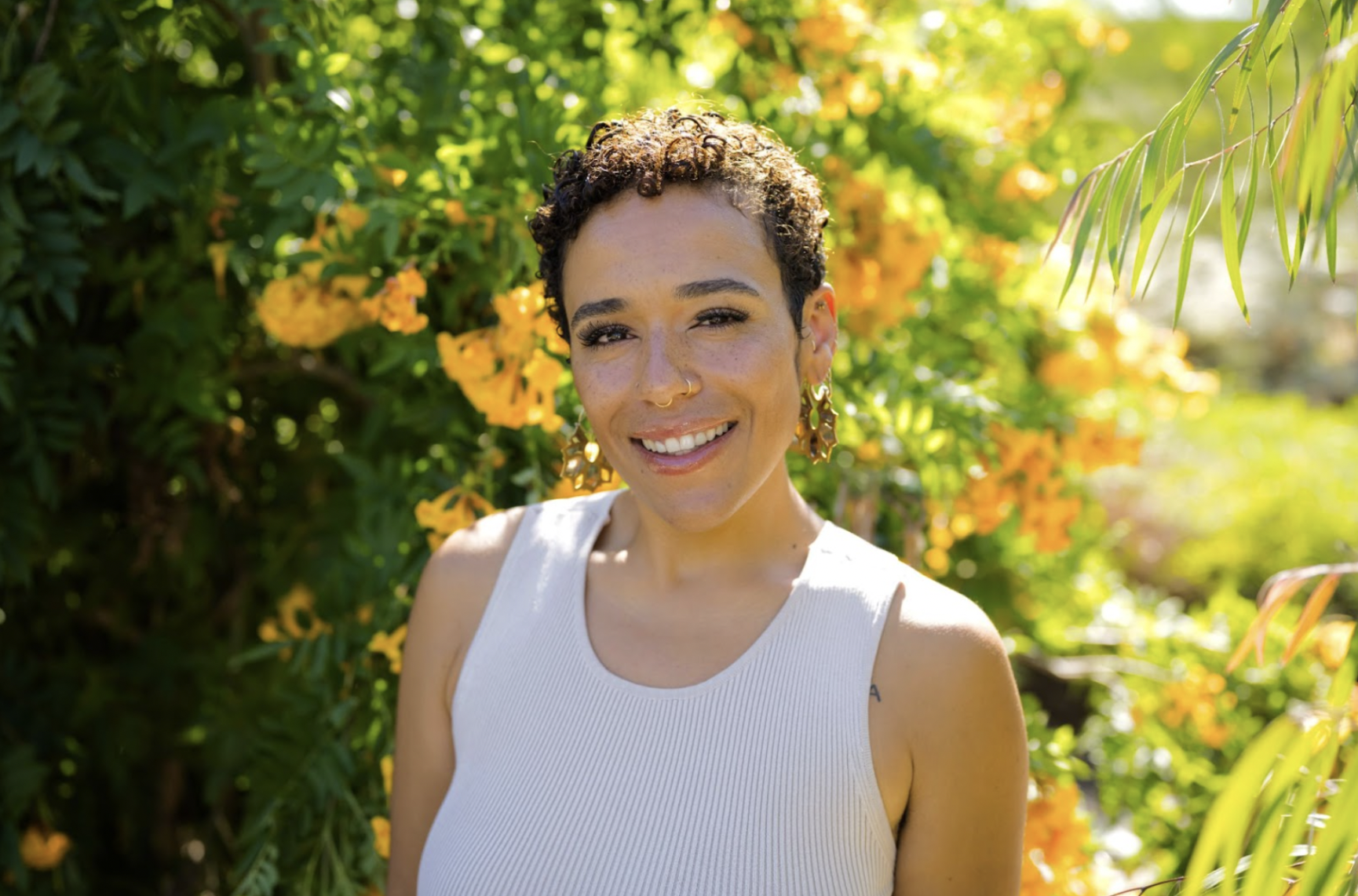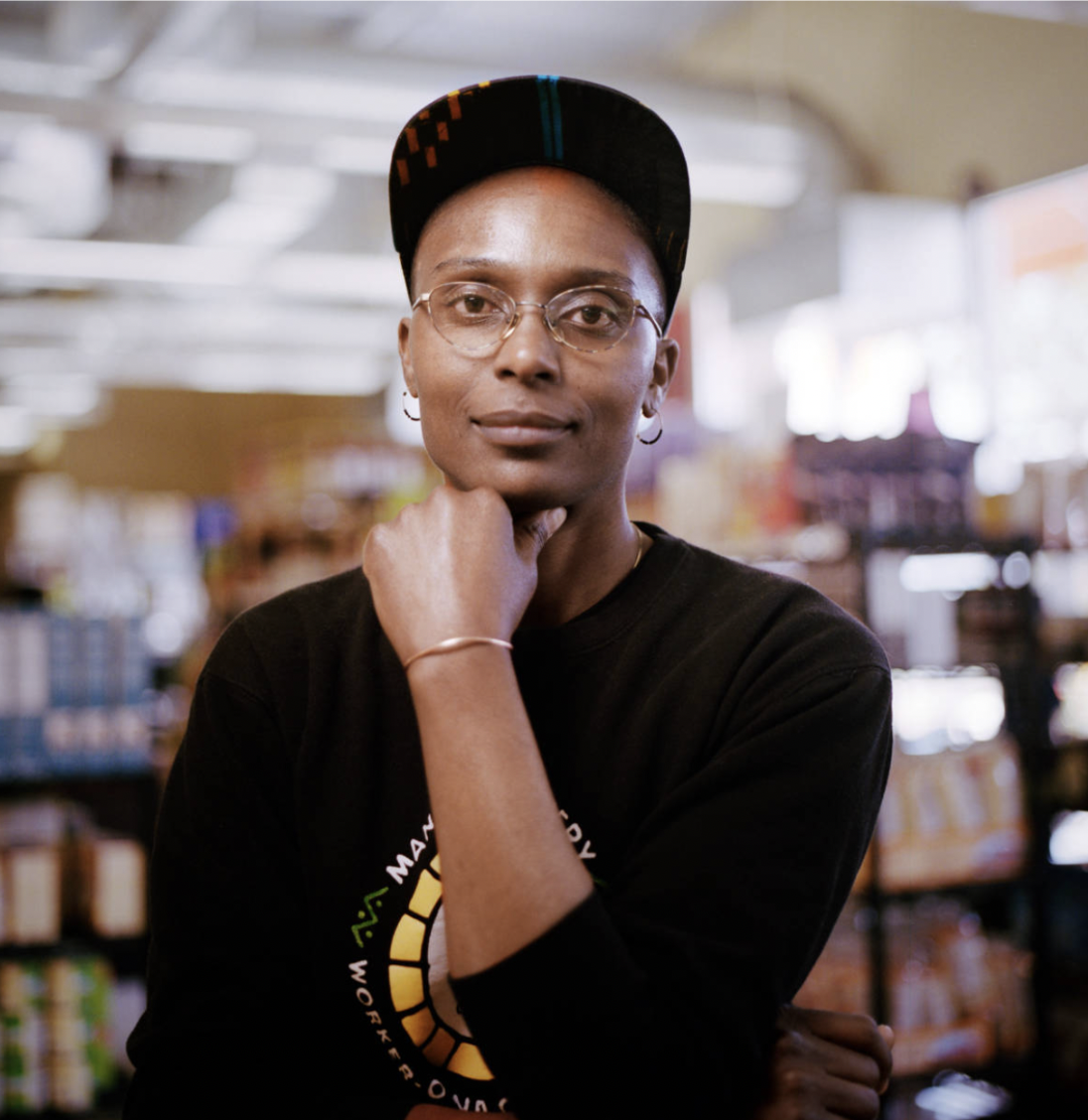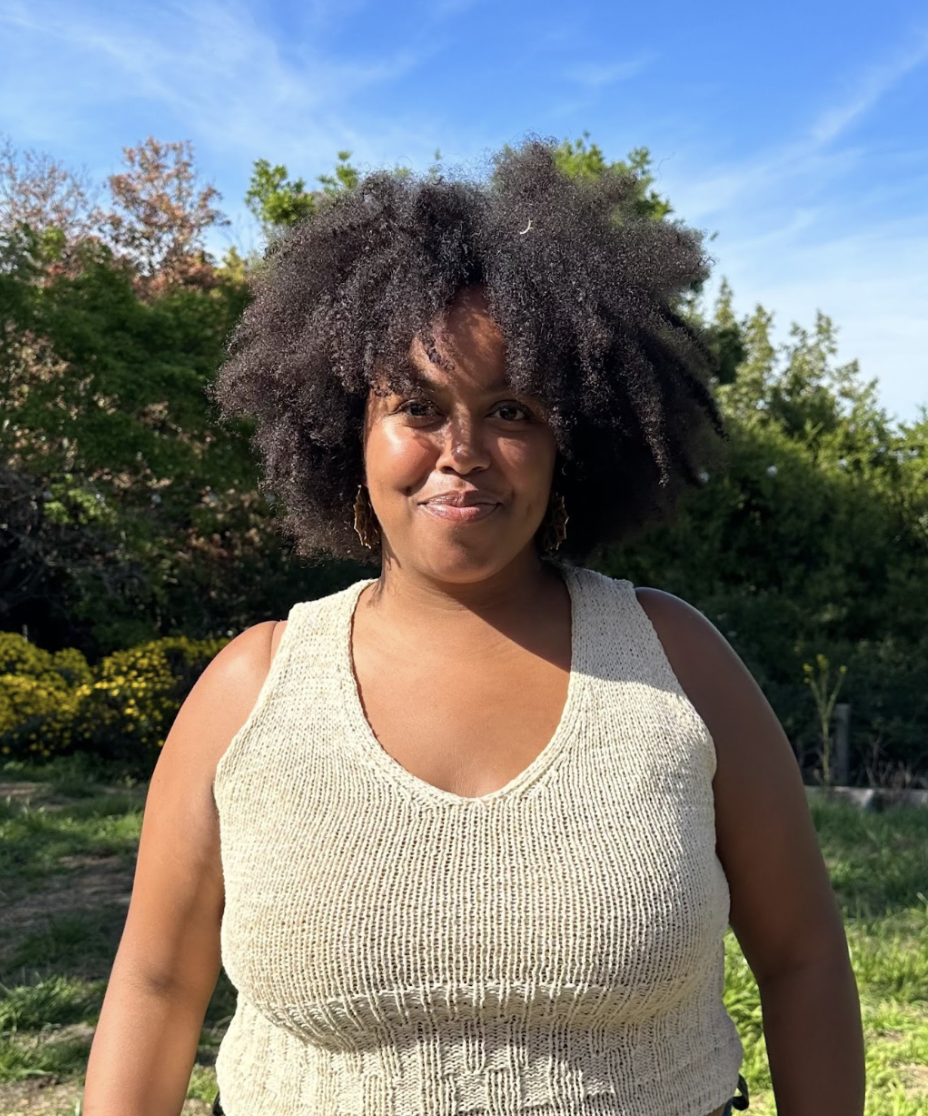Friday, April 5th, 2024
Online via Zoom
11:15 am – Zoom Webinar Opens
11:30 – Opening Remarks
11:40 – [Panel] Holding and Communicating: diasporic food sharing practices (Speakers: Eric Himmelfarb, Phalika Oum, Stephen Stresow)
12:40 pm – Break
12:45 – [Panel] Narratives of Migration: identity, belonging, and survival (Speakers: Laura Gabriela Linares, Grecia Marquez-Nieblas, Sierra Hampton, Sheyda M. Aboii)
2:00 – Break
2:05 – [Panel] Tracing Histories and Power (Speakers: Carmela Wilkins, Evan Hazelett, Orven Mallari)
3:05 – Break
3:10 – [Panel] Cultural Foods, Health, and Wellbeing (Speakers: Nicole Karongo, Matthew Kekoa Lau)
3:55 – Break
4:00 – [Keynote] Rupa Marya, MD – Associate Professor at UCSF, executive director of Deep Medicine Circle
5:00 – Closing Remarks
Saturday, April 6th, 2024
In-person at Berkeley Way West Room 1102 and online via Zoom
9:45 am – Check in begins
10:00 – Opening Remarks
10:10 – [Panel] Exploring Diasporic Identities through Ancestral Storytelling (Speakers: Amanda Palacios, Jensen Villaflor, Mairi Creedon)
11:10 – Break
11:15 – [Pane] Cultural Preservation and Transformation (Speakers: Natasha Bunzl, Nicholas Newman, Paolina Lu, Queer & Trans Việt Cafe Collective [Hải Võ, Lan Ngo, Amanda Linh Vong])
12:30 pm – Lunch
1:30 – [Panel] Reclaiming Identities and Food Practices (Speakers: Fabiola Santiago, Phoebe Wu, Alba Tomasula y Garcia)
2:30 – Break
2:35 – [Panel] Cultivating Food and Empowerment (Speakers: Nisha Marwaha, Meiko Krishok, Dakota Hafalia)
3:35 – Break
3:40 – [Keynote Panel] Ali Anderson (Feed Black Futures), Adrionna Fike (Cooperation Richmond), Jeneba Kilgore (Agroecology Commons)
4:40 – Closing Remarks
4:50 – 6:00 – Reception
